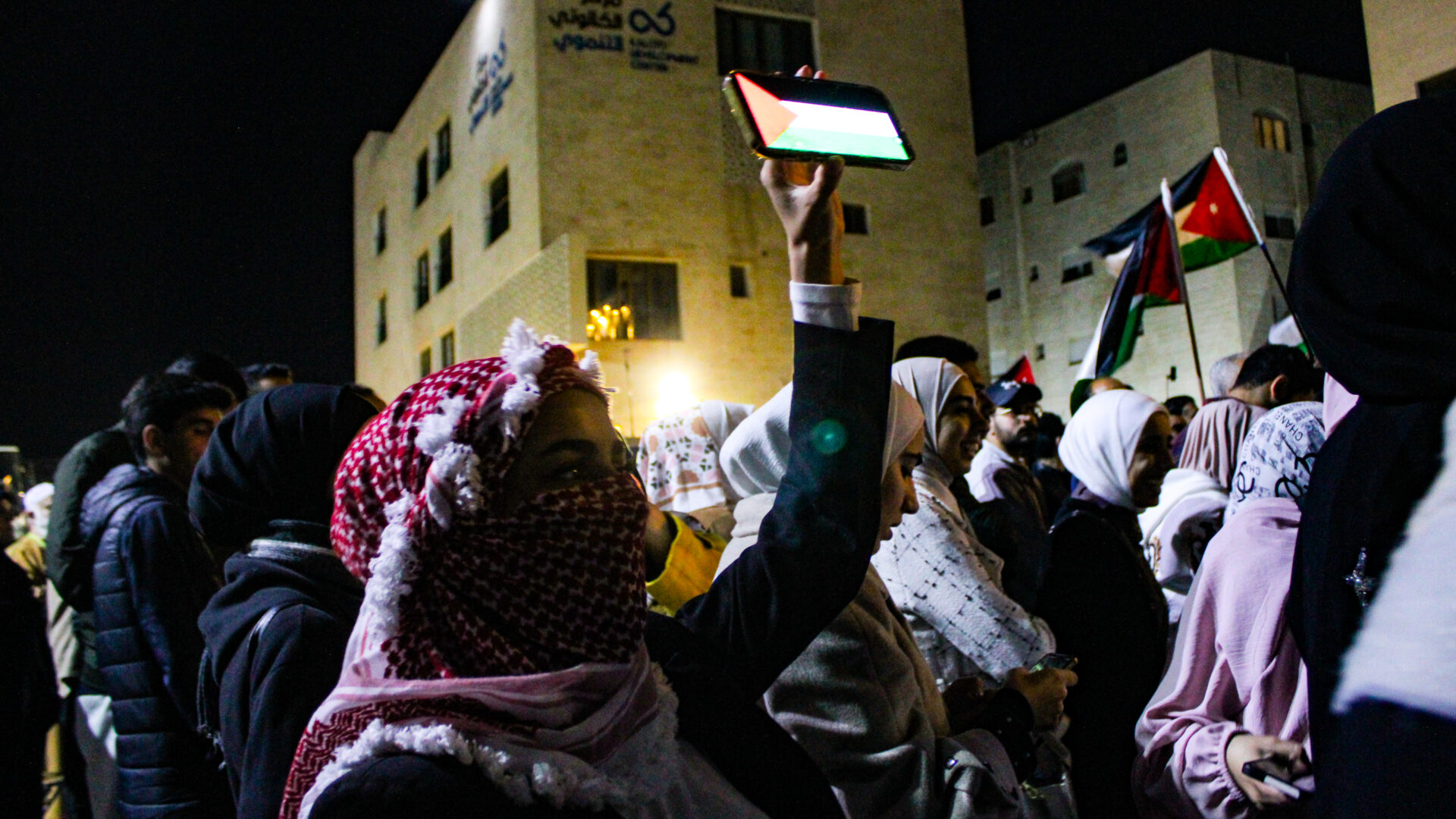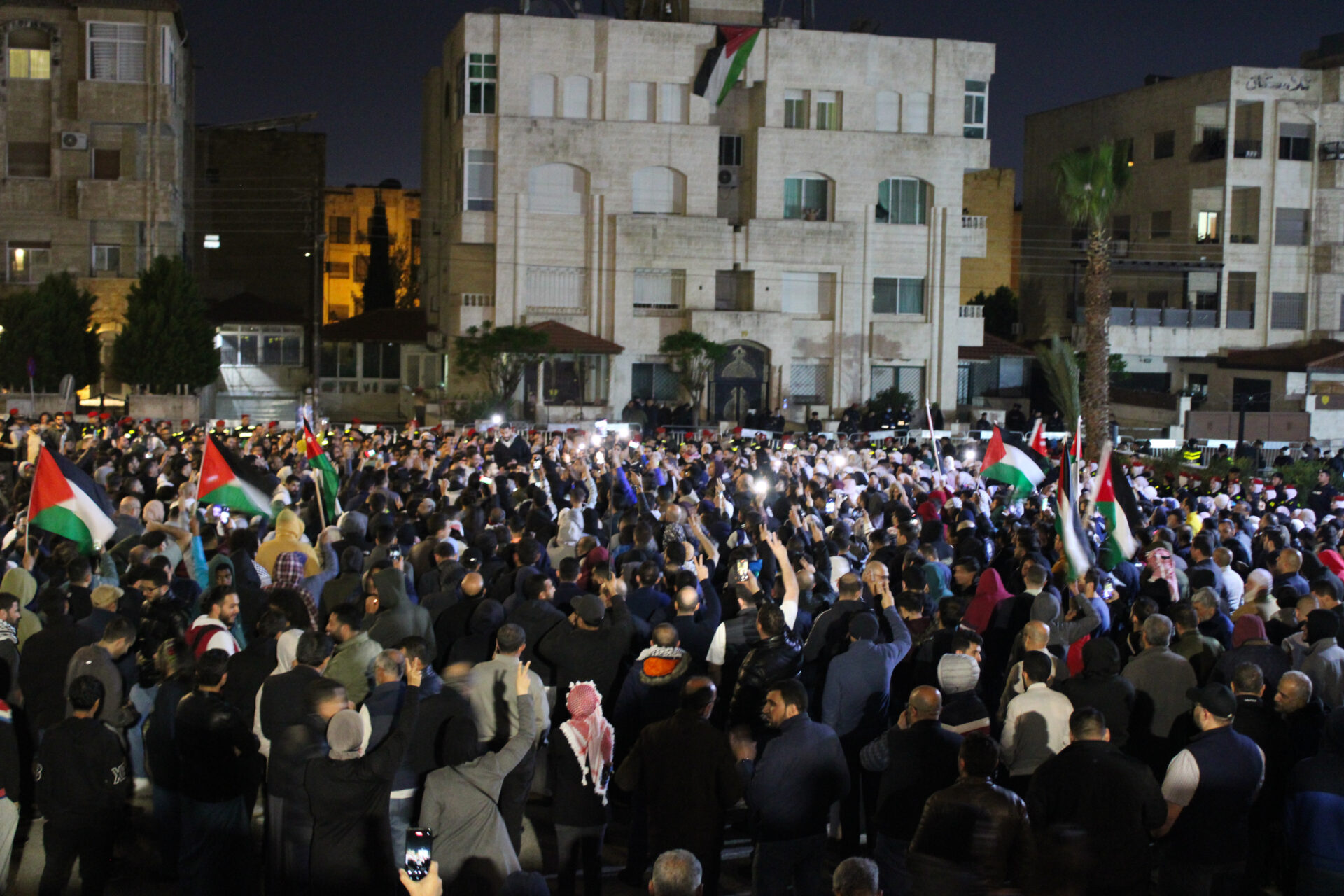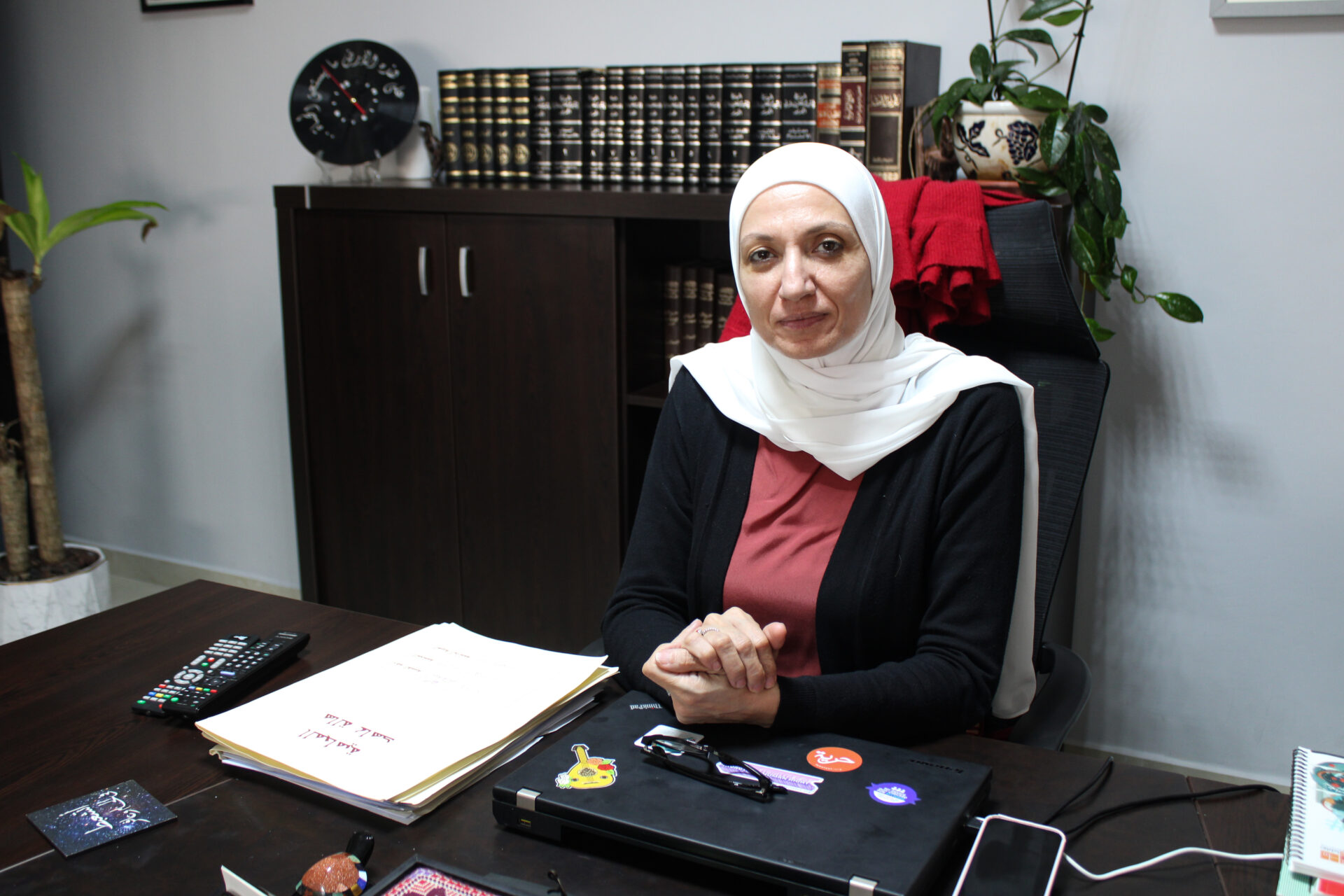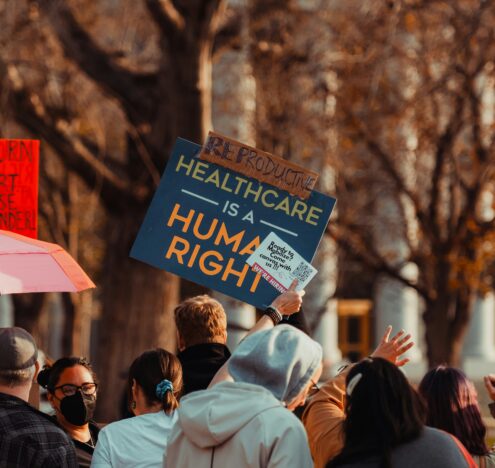Adam Coogle, Human Rights Watch’s deputy Middle East director, said the recent wave of arrests “show the extent to which Jordan is intolerant of spontaneous, massive protests and is not guaranteeing Jordanians’ rights to peaceful assembly.”
Coogle added, “Authorities will tolerate protests to a certain extent, but at the end of the day, they return to repression and to keeping tight control over the public square.”
“Locked Up Without Reason”
Hussein*, 34, was one of those arrested over the past two weeks. From the safe enclosure of his car — Amman’s busy cafes too risky for Hussein to share his story — he recounted to Inkstick Media that he was detained for four nights without access to a lawyer and was aggressively strip searched. His phone was also confiscated during the duration of his imprisonment and he was unable to contact his wife or family members, who didn’t know where he was.
“It’s not fair at all,” he said. “They locked me up without a reason. How can they do something to you like this when you didn’t do anything?”
It’s not fair at all.
– Hussein
Hussein said his family fled Jerusalem under assault during the 1948 war that led to Israel’s establishment, known to Palestinians as the Nakba (Arabic for “catastrophe”). Although he, like many Jordanians, supports Hamas’s armed resistance, he said he has never participated in violence.
On Sunday evening, March 24, Hussein arrived at the protest around 10:30, where he joined the front rows of demonstrators. He said he was facing the crowds, his back to the police. After only about 25 minutes, a police officer approached him from behind and grabbed his shoulder, accusing Hussein of hitting him.
Blaming Hamas
They then arrested him and threw him into the back of a police van without about 20 other young men from the protest. Hussein estimated that security forces arrested around 100 protestors that night. He added that most were affiliated with the Islamic Action Front (IAF) party, the political wing of the Hamas-allied Muslim Brotherhood and Jordan’s largest opposition party.
The IAF has gained popularity in Jordan since Oct. 7, presenting a worrisome scenario for Jordan with parliamentary elections suspected to be held between July and November.
On March 31, former Jordanian Information Minister Samih al-Maaytah accused the Hamas movement of trying to stir unrest in Jordan in cooperation with the Muslim Brotherhood. He cited a March 26 speech by Hamas political leader abroad, Khaled Meshaal, which called for people, “especially in Jordan, Egypt, Algeria, and Morocco” to take to the streets.
In recent statements, a public security spokesperson denied allegations of a heavy-handed crackdown on protesters, saying arrests were made in response to “rioting.” The statement said authorities have allowed “citizens to express their opinions in accordance with the laws,” adding: “The Public Security Directorate will continue its professional work in maintaining security and community peace.”
Held Without Trial
Hussein said security forces first took him to a judge in Amman, who said he was not guilty. But he nonetheless landed in administrative detention — when a person is held without a trial or having committed an offense — upon an order from the Amman governor.
Jordan’s Crime Prevention Law of 1954 includes expansive powers to use administrative detention “in violation of the country’s rights obligations,” according to HRW. Article 3 allows local governors to take action against anyone “under their jurisdiction.” In practice, HRW notes, this enables officials to “routinely circumvent the criminal justice system to detain people by administrative order with limited judicial review.”
After nights spent crammed in a prison cell, holding around 50 people but only meant for 20, Hussein was released on the condition that he sign a pledge to no longer take part in the pro-Palestine protests. He said if he is caught at a protest, he would be subject to a fine of 50,000 JOD ($70,543), according to the terms of the agreement.
“Thinking of Leaving”
As of April 7, more than 48 people remained in administrative detention, judicial custody, or in the intelligence department’s detention as a result of their protest activities. Most of those still detained were arrested during the previous two weeks. Seven cannot be accounted for and are missing, according to Obeidat, from the National Freedom Forum.
After about an hour of driving in circles around Amman, Hussein finally reached his home, where his wife and two young children were waiting for him. “I’m scared for my family,” he said. “They could come and arrest me and take me to prison at any time, for a one week, or one year, or 10 years, and no one would ask or do anything. If I’m gone, no one could support them.”
He is even thinking of leaving the country: “I started to think negatively about my country. I’m thinking of leaving … for the safety of my children.”
Human rights lawyer Hala Ahed rushed into her office in Amman, running late to the meeting with Inkstick Media. She had been caught up in a situation involving one of her clients: a 24-year-old girl, Nour*, who was arrested at the entrance of a pro-Palestine protest on Tuesday, April 2. There are currently two women, including Nour, still detained as a result of their activism.
Ahed said Nour had already spent more than a week in jail, after receiving a court order that said her social media posts violated Jordan’s stringent Cybercrime Law, enacted in 2023.























